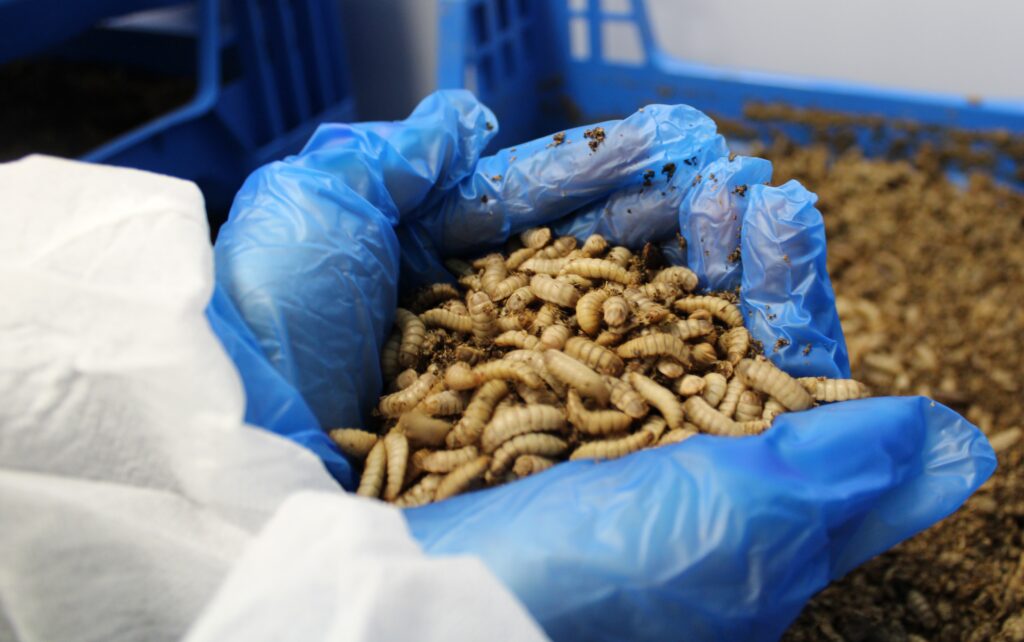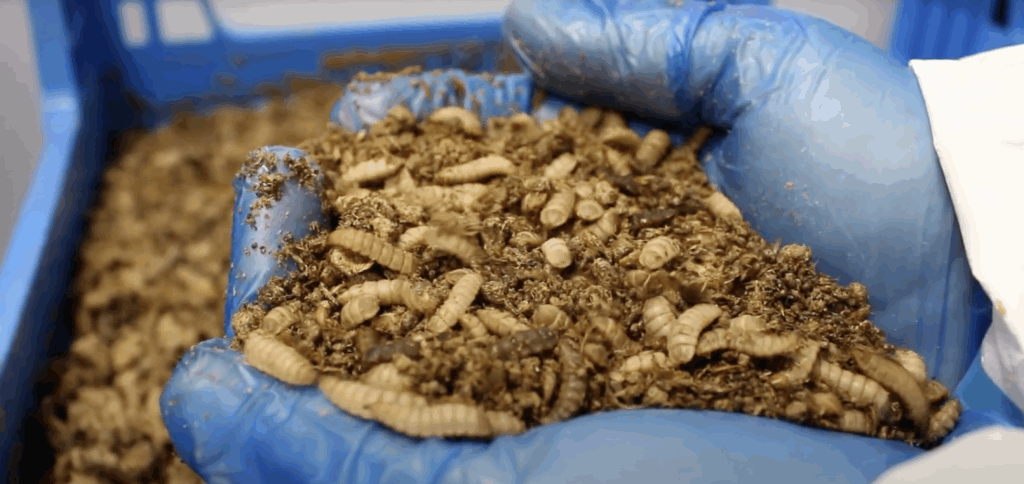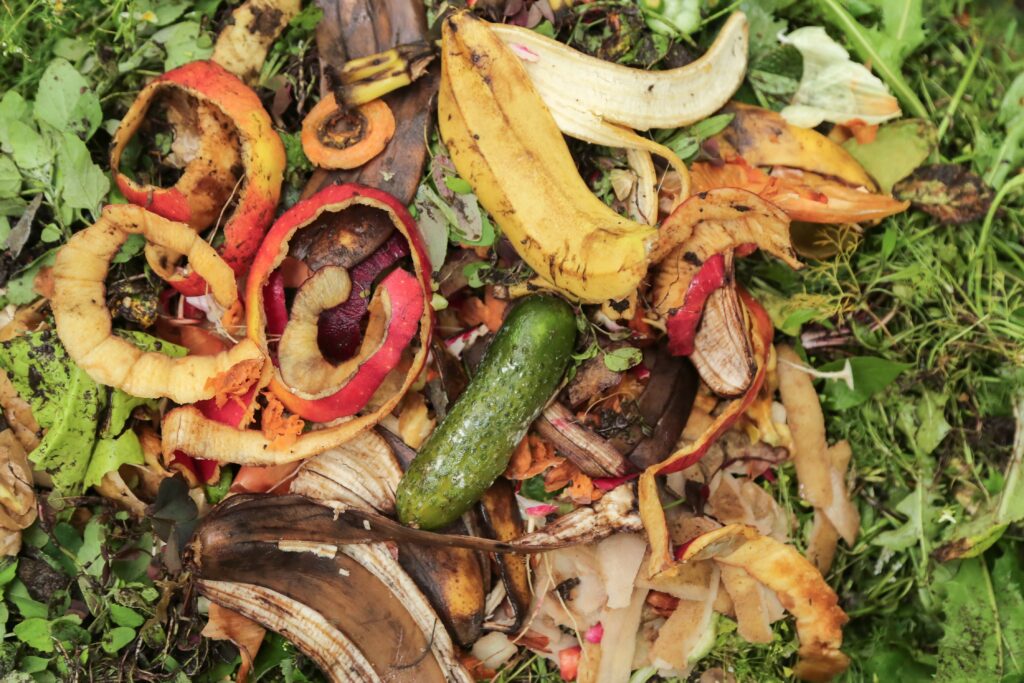The funding will go to the newly created Insect Bioconversion Association (INBIA), Fera Science Ltd and the UK Agri-Tech Centre.
The three groups have launched a network to explore the regulatory landscape for insect bioconversion – the process of turning organic waste into products such as protein for animal feed, fertilisers and oils.
Miha Pipan, chair of INBIA said: “We’re delighted for IBC-Net to be embarking on this second stage, offering a platform for the insect bioconversion sector to engage with regulators and enforcement agencies alike.
“The UK’s regulatory regime applying to insects is one of the strictest in the world, often limiting what businesses can do and therefore the beneficial economic and environmental impacts our sector can have domestically. This work is particularly timely, considering changes to the UK’s waste management landscape, including Simpler Recycling mandates.
“This project is a step in the right direction, to help make the future of UK insect bioconversion more competitive on the global stage and help boost growth and job creation in this sector at home.”
The project, titled IBC-Net, will last for when year and will see Fera conduct insect growth trials at its York facility.
The trials will focus on the safety of insect-derived products from black soldier fly (BSF) larvae reared on municipal food waste.
The findings, along with any identified risks, will be submitted to key regulatory bodies, including Defra, the Food Standards Agency and the Environment Agency.
Dr Maureen Wakefield, senior applied entomologist at Fera Science, said: “Risk assessment requires robust scientific evidence.
“Fera has conducted research to assess the safety of insect-derived products and will utilise specialist facilities and expertise for the IBC-Net project to examine potential hazards associated with municipal food waste as a rearing substrate for BSF larvae.”
The project also includes a collaboration with Wageningen University’s SAFE Insect programme in the Netherlands.
The programme focuses on animal by-products and transmissible spongiform encephalopathy (TSE) risks.
TSE is a fatal disease which can be transmitted via abnormal proteins in contaminated food.









Subscribe for free